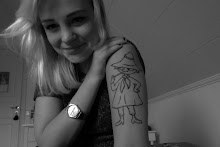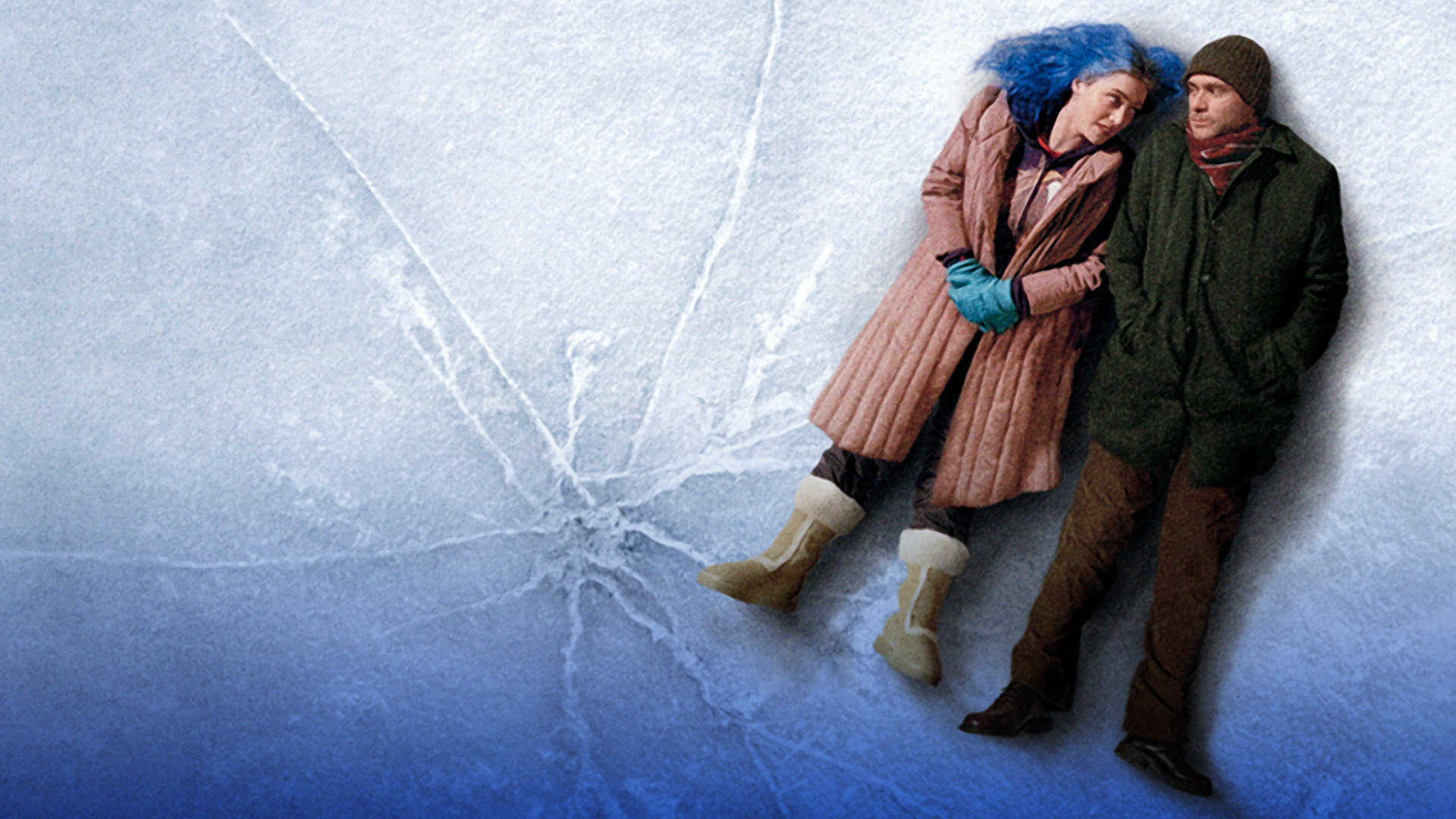
Sweden is looking for medal revenge
2012-03-26 08:00
After winning the World Synchronized Championships several times, the results from the last two years have been a disappointment for Team Surprise from Sweden. Their coach, Andrea Dohany, is aiming to repair that on home soil in Göteborg.
The year was 1985. Andrea Dohany was coaching several ice dance couples in Landvetter outside of Göteborg, when the Swedish Figure Skating Association told her there was a new sport in Canada. This was her first contact with synchronized skating.
- Try it, they said. So, with a group of skaters from the club I started a synchronized team. All I had to help me was a judging book from Canada, says Andrea Dohany.

Up until that point, the only skating that resembled the new team sport had been initiated by an american coach who was putting together a show in Tyringe in the south of Sweden.
- But they didn't even call it synchronized skating or precision skating. It was just something they did for their shows, says Ethel Hällén, who was part of the Swedish Figure Skating Association at the time.
To get the sport started, the association decided to hold a national competition in Stockholm, where every region of the country would be able to send one team each.
- The idea was that everyone was supposed to be able to participate, says Ethel Hällén.
In Göteborg, there was an issue. The region's spot at the competition had already been taken, which meant Andrea Dohany's team would have to stay home.
But by representing a different region, the team managed to make it to the competition anyways. And since nobody knew who they were, they called themselves Team Surprise.
Interestingly, Team Surprise won the competition, while the other Göteborg team came in last place.
- The challenge was to convince the skaters that even though we had just started, we could make it to the very top, says Andrea Dohany.
Some years later, Team Surprise travelled to Canada, to compete with the teams from North America.
- I told the skaters: "Your opponents have two feet, just like you. They are not any different". It was a challenge to create the winning spirit that is so important for a team, she says.
Still, Team Surprise won or medaled in almost every competition they participated in.
And by the time synchronized skating got its first official World Championships in 2000, Team Surprise had become the favourites. The Swedish team ended up winning in the competition, and has since then won a total of ten world medals (five gold, four silver, and one bronze).
- We have definitely developed the sport technically. Many of the elements you see today in the sport, were things we were first criticized for, like angled intersections, no hold steps, spins and some of our lifts, says Andrea Dohany.
Synchronized skating in Sweden today is concentrated around the Southwestern part of the country. Out of the twelve teams that participated at the Swedish Championships in different age categories, ten were from clubs not far from the city of Göteborg.
- We still need more coaches. If you start a new team somewhere where the sport is unknown, and the team isn't at a good level, it won't be attractive for new skaters to join the team, says Andrea Dohany.
- The problem is also that nowadays, the synchro skaters practise so much more than some years ago. You can't expect to be good by skating three or four times a week like before.
In spite of Team Suprise's success, and although synchronized skating has had official World Championships since 2000, Andrea Dohany thinks the media attention in Sweden around the sport has decreased.
- There was much more when we started out. The better we got, the less the media cared. It feels unfair, the skaters work so hard. And still, it feels like hockey from the fifth division will get more attention.
Over the last years Team Suprise has lost the leading role in the world of synchronized skating, by missing out on World medals two years in a row.
- It is true that there are other teams that have been better artistically. But it is easy to present your program when you're doing easy things. Also, we have definitely improved that part a lot, says Andrea Dohany.
Last year's fourth place at the World Championships was especially painful.
- Yes, it hurt for a long time. But we are going to do everything to win this time, says Andrea Dohany.
She has good memories from competing in the Scandinavium Arena in Göteborg. Seven years ago, in 2005, Team Surprise won a convincing victory at the World Championships at the same venue.
- I have some skaters left who were there. The atmosphere then was great, we can't wait to skate in front of our home crowd.
When Andrea Dohany hears that the Finns once again are aiming for gold and silver (read the article here), her answer is quick.
- Forget it.
- The problem is also that nowadays, the synchro skaters practise so much more than some years ago. You can't expect to be good by skating three or four times a week like before.
In spite of Team Suprise's success, and although synchronized skating has had official World Championships since 2000, Andrea Dohany thinks the media attention in Sweden around the sport has decreased.
- There was much more when we started out. The better we got, the less the media cared. It feels unfair, the skaters work so hard. And still, it feels like hockey from the fifth division will get more attention.
Over the last years Team Suprise has lost the leading role in the world of synchronized skating, by missing out on World medals two years in a row.
- It is true that there are other teams that have been better artistically. But it is easy to present your program when you're doing easy things. Also, we have definitely improved that part a lot, says Andrea Dohany.
Last year's fourth place at the World Championships was especially painful.
- Yes, it hurt for a long time. But we are going to do everything to win this time, says Andrea Dohany.
She has good memories from competing in the Scandinavium Arena in Göteborg. Seven years ago, in 2005, Team Surprise won a convincing victory at the World Championships at the same venue.
- I have some skaters left who were there. The atmosphere then was great, we can't wait to skate in front of our home crowd.
When Andrea Dohany hears that the Finns once again are aiming for gold and silver (read the article here), her answer is quick.
- Forget it.
Text: Filip Stiller
Photo: Elin Bryngelson




























Inga kommentarer:
Skicka en kommentar